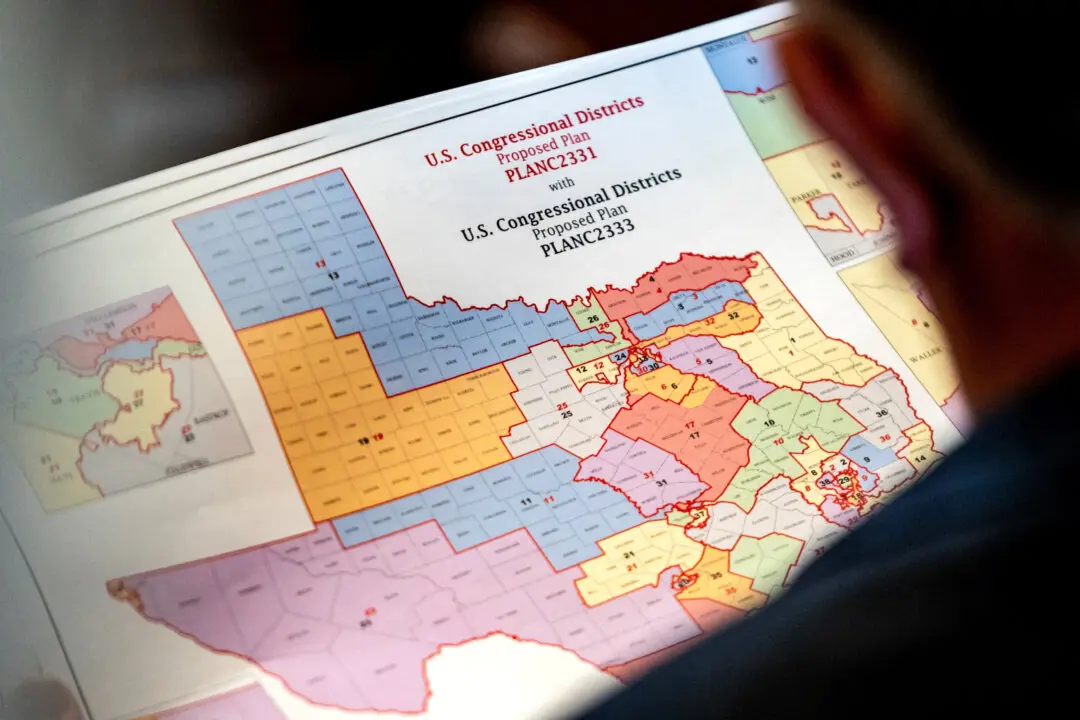In a Friday decision, the Fifth Circuit Court of Appeals declared Section 241 of the Mississippi Constitution, which imposes permanent disenfranchisement for certain crimes, to be unconstitutional under the Eighth Amendment’s prohibition against cruel and unusual punishment.
The ruling comes after a class-action lawsuit was filed by six permanently disenfranchised Mississippi citizens with the help of the Southern Poverty Law Center in 2018, challenging the constitutionality of Sections 241 and 253 of the state’s constitution.





